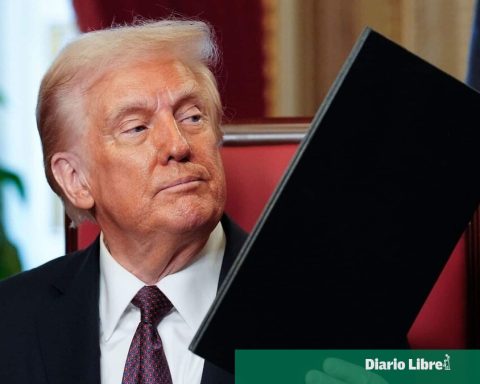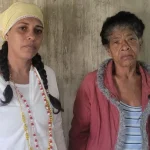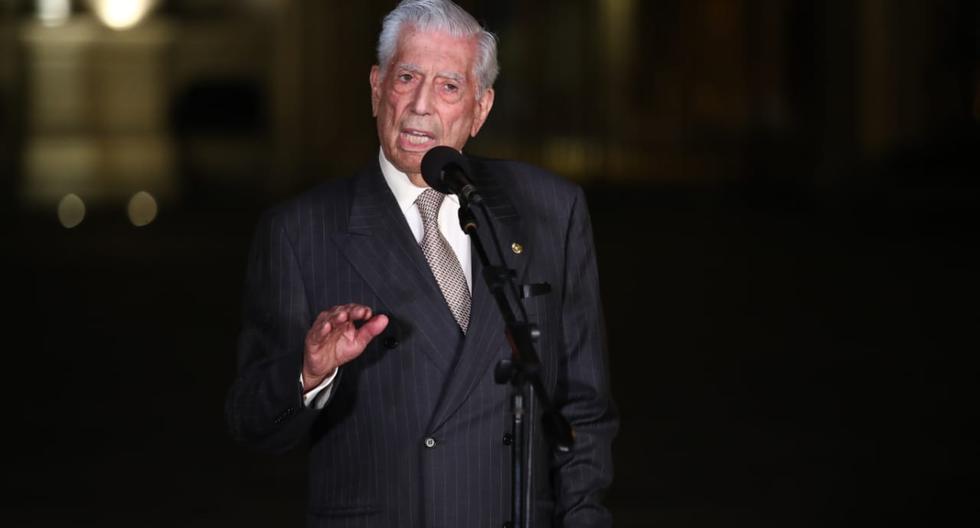Writing (EFE).- Governments, multilateral organizations and feminist organizations of America joined this Wednesday the commemoration of the International Women’s Day with messages of support, announcements in favor of gender equality and against sexist violence.
One of the first personalities to do so was the UN Secretary General, António Guterres, who drew attention to the discrimination women face and urged “to take action on several fronts.”
Guterres stressed the importance of ensuring that women and girls “can fully contribute to the advancement of scientific and technological knowledge globally.”
For his part, the president of the United States, Joe Biden, rejected the “attacks on the rights” of Afghan, Iranian and Ukrainian women, and highlighted the measures adopted by his Administration to combat gender violence, such as the increase to funding the Violence Against Women Act at $700 million, the most in history, to improve access to services, justice and care for survivors.
In Mexico, where Amnesty International (AI) denounced this Wednesday the negligence and omission of the State to prevent and eradicate violence against women, the president, Andrés Manuel López Obrador, self-proclaimed his Administration as “feminist”.
Meanwhile, in Brazil, Luiz Inácio Lula da Silva announced 20 measures to achieve equal pay, combat gender violence and guarantee menstrual health, among other measures in favor of women’s rights.
Also in South America, the governments of Peru and Colombia spoke out in favor of female empowerment.
“I reiterate my commitment, the government’s commitment, to gender equality and the empowerment of women in all areas,” said Dina Boluarte, Peru’s first president, who came to power by appointment of Congress after Pedro’s failed self-coup. Castle.
At the same time, Francia Márquez, Vice President of Colombia, recalled that “the responsibility of guaranteeing the rights of women in Colombia is not only of women” and valued “indigenous, peasant, Afro-descendant and feminists from Colombia who have carried the flag high.
MOBILIZATIONS AND SYMBOLIC ACTS
During the day, thousands of women mobilized throughout the continent demanding compliance with their rights, and vindicating the feminist struggle that in recent years has made significant progress in terms of reproductive rights, such as the case of Colombia, where in February In 2022, the Constitutional Court decriminalized abortion until week 24.
In Mexico, thousands did so at the iconic Glorieta de las Mujeres que Luchan and, for the first time, cancer patients joined as a contingent to be part of the mobilization.
Women who call themselves “fat” also mobilized with their bodies as a flag of pride, to combat the pejorative meaning of the word, who formed another contingent to march for those who are made invisible in this type of activity.
Earlier, in Venezuela, some 300 women took to the streets to demand compliance with their labor rights, as well as improvements in regulations that cover issues such as gender violence or sexual and reproductive health, among others.
Hours later, President Nicolás Maduro announced the creation of a “great” social program with which, he promised, “women will be placed at the center of attention” of his government’s work, without mentioning the mobilizations that took place. during the day.
While in the US, the first lady, Jill Biden, awarded eleven “brave” women from around the world, including Alba Rueda from Argentina and Doris Ríos from Costa Rica.
Likewise, in New York, the giant kitchen towels by the Spanish artist Elena del Rivero waved on the monumental steps of the City Hall as a particular feminist tribute, loaded with irony.
This was not the case in Cuba, where the day was commemorated without government authorization to carry out protest marches, but there were “congratulations” to the islanders from different official organizations.
In the same way, Indigenous people in Ecuador, feminists “against hunger and oppression” in Uruguay and Panamanian activists, workers and professionals raised their voices to demand a dignified, free life with the right to social security.
PENDING TASKS
The commemoration of International Women’s Day in America also became an opportunity to raise claims about reproductive rights.
Such is the case of the Dominican Republic, where the Minister for Women, Mayra Jiménez, stressed that in the country, where a total ban on the interruption of pregnancy is in force, the issue of abortion cannot continue to be postponed.
Likewise, during this date, various organizations warned about the wave of sexist violence that continues to be a problem in the region, as is the case in Argentina, where during the first two months of this year there were 51 femicides.
Countries like Honduras, Nicaragua and El Salvador have reported 76, 16 and 12 femicides, respectively, so far this year, according to figures from organizations that work for women’s rights.
The numbers in Central America are not far from the sad reality in other countries on the continent such as Brazil, which in 2022 registered 1,410 femicides, a number 5% higher than in 2021 (1,337); those of Peru, where the Judiciary reported 600 cases of sexist violence and almost 30 femicides this year, or Colombia, where 5 women a day are treated for gender violence, according to the Ombudsman’s Office.
Likewise, in Chile, where women played a decisive role in the social outbreak of 2019, the left-wing president, Gabriel Boric, who began his government in 2022 with a joint cabinet, asked that the new constituent process not set aside that principle. .
Finally, from Bolivia, Nidya Pesántez, head of the UN Women office in that country, indicated in an interview with EFE that innovation and digital education represent a great opportunity for the economic empowerment of women in one of the Latin American countries with the largest sexist violence rates. EFE















